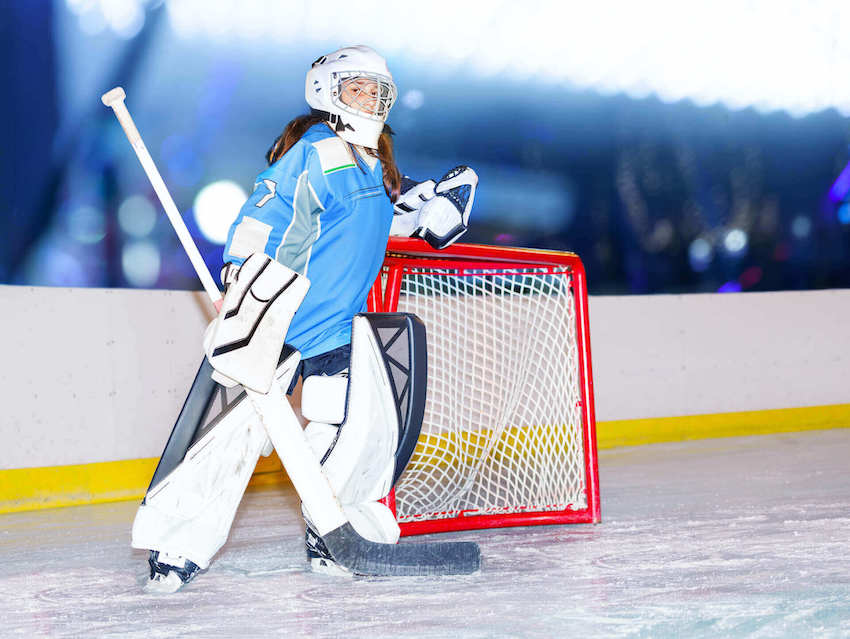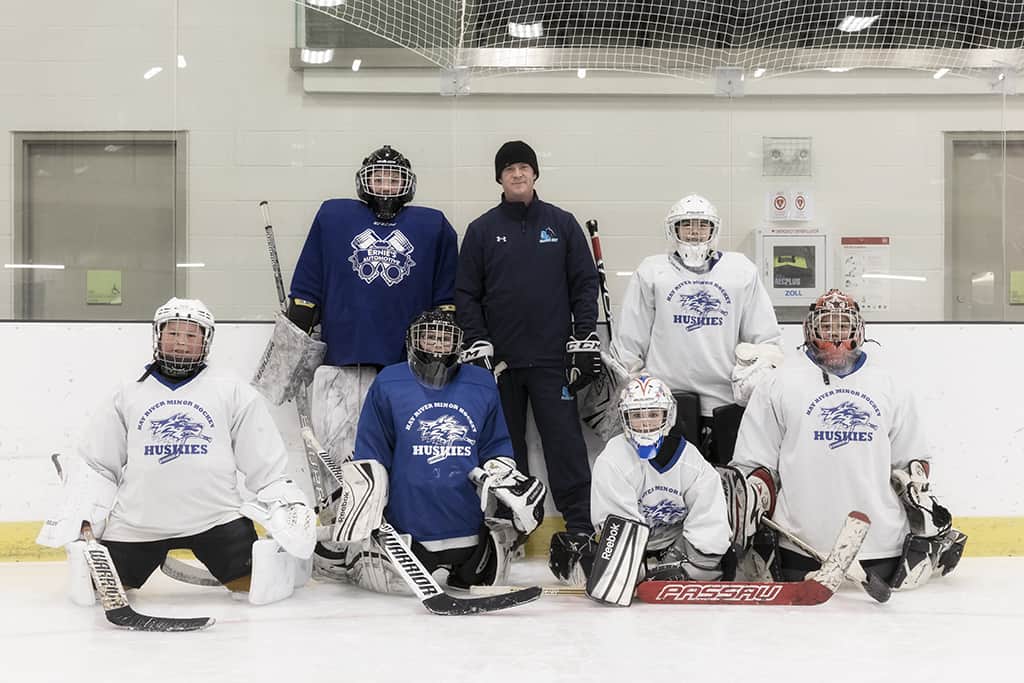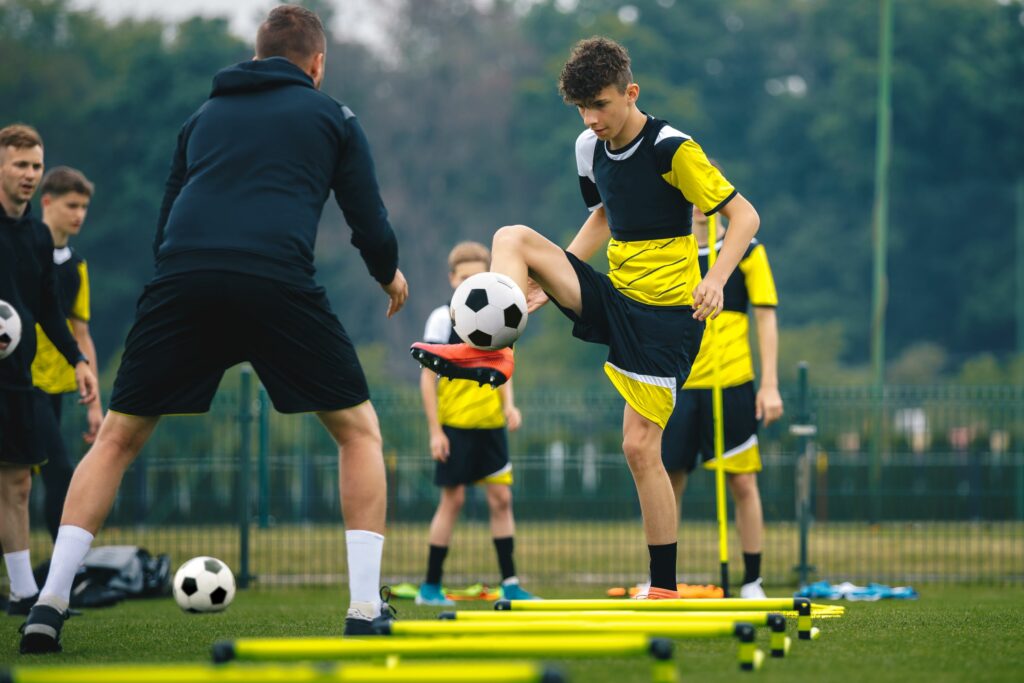Making #HERstory: Girls who play on boys’ teams and supporting the lone girl in sport

On October 7, the Ontario Hockey League (OHL) kicked off its 2021-2022 season. After having a season cut short and another cancelled altogether, this season looks different for the OHL. And it isn’t because of the COVID‑19 pandemic. In June, Taya Currie became the first female athlete drafted to the OHL. Selected in the 14th round by the…
How 2 sports came together to enhance player development in the North

From February 23 to April 4, 2021, in Hay River, Northwest Territories, 7 minor hockey goalies traded in their hockey sticks for table tennis rackets. In an exciting collaboration between Table Tennis North, Table Tennis Canada, Hockey NWT, Hockey North, Hay River Minor Hockey and the Sport Information Resource Centre (SIRC), the goalies participated in a 6‑week table…
Return to sport
As Canada enters its 4th wave of COVID-19, coaches and athletes are navigating continued public health restrictions amid the return to school and sport. Many athletes are learning to manage their emotions, make sense of the situation, and mobilize energy and efforts to adapt to the new reality. Learn more about how coaches can support…
Mindfulness for coaches
Stress and burnout are serious concerns for high performance coaches. One way to promote coaches’ wellbeing and retention in high performance sports is through mindful self-reflection. In a new study, high performance coaches who engaged in daily or weekly mindful self-reflection reported more self-compassion, vulnerability and help-seeking behaviours over time.
Is technology a coach’s ally or Achilles’ heel? 4 questions to ask

Over a coffee, we recently reminisced about different sporting environments we’ve worked in and how many times we’ve seen expensive technological solutions sit in a corner, collecting dust. Perhaps you can relate to the pattern. A new technology hits the market, and a few marquee teams or athletes adopt it. You truly believe that the…
Masters sport coaching
The role of the coach is important, regardless of athletes’ age! Coached masters athletes (aged 35 and older) report greater feelings of belongingness than masters athletes without a coach. Coaches who make efforts to be relatable, establish friendships and facilitate social connections help to support masters athletes’ sport motivation.
National Coaches Week
It’s National Coaches Week! National Coaches Week (September 18 to 26) celebrates the positive impact coaches have on athletes and communities across Canada. It’s an opportunity to recognize coaches for the integral role they play by simply saying #ThanksCoach. From the Coaching Association of Canada, here are a few simple ways to take part, including…
Individualized training
An individualized approach to training and development is important for creating effective training programs for Para athletes. Research shows that Para athletes’ developmental pathways and training preferences will vary based on their previous sport experiences, personal preferences, and impairment type.
High performance health monitoring
Since 2011, Norwegian high-performance athletes have filled out weekly health surveys in the 12-18 months before every Olympic and Paralympic Games. From London 2012 to Tokyo 2020, researchers found that 32% of Olympic athletes and 37% of Paralympic athletes were injured at any given time. This data allows coaches and physicians to better protect the…
Managing expectations
We often think about the stress that an athlete experiences before a major competition, but what about their coach? Research suggests that many Paralympian coaches set high expectations for themselves which can lead to stress and burnout. Strategies that help coaches manage their expectations and the expectations of athletes and support staff are key to…